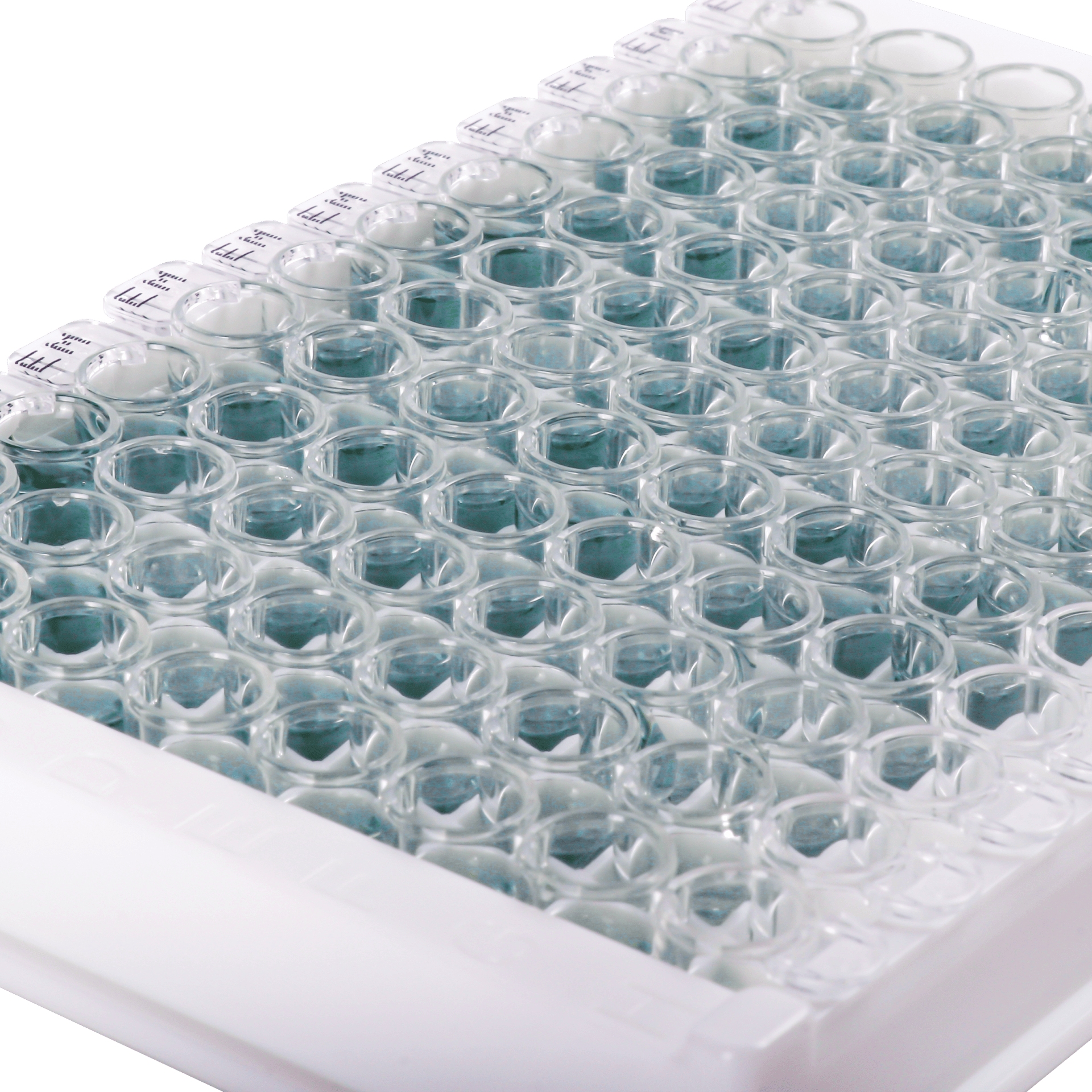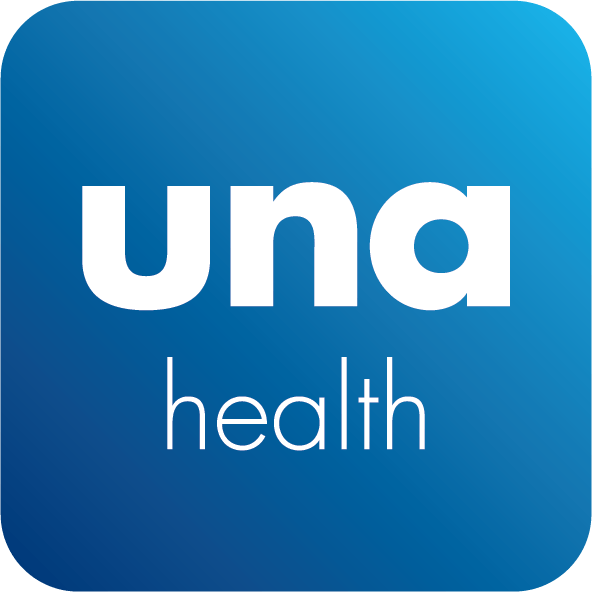
Validation of the Fortress Diagnostics COVID-19 Total Antibody Assay
Work completed by Jake Walker, Associate Practitioner, Department of Microbiology, South of Tyne and Wear Pathology Laboratory
Text written by Jake Walker and Carolyne Horner
Background
The Coronavirus Disease 2019 (COVID-19) pandemic, caused by the Severe Acute Respiratory Syndrome Coronavirus 2 (SARS-CoV-2), has so far resulted in >200 million confirmed COVID-19 cases, and >4 million deaths. In addition, the pandemic has caused widespread disruption to healthcare, travel, and supply distribution.
The gold standard method for diagnosis of SARS-CoV-2 infection is reverse transcriptase polymerase chain reaction (RT-PCR); however, assessment of an immune response to the virus, following infection or vaccination, has been paramount to enable countries to come out of lockdown restrictions, return to work, and facilitate international travel.
Multiple assays are commercially available to detect antibodies raised to SARS-CoV-2 proteins, most commonly the spike and/or nucleocapsid proteins. Examples include the Roche Elecsys Total Antibody assay, Fortress Total Antibody assay and the Diasorin S1/S2 IgG assay (Table 1).
In the South of Tyne and Wear Pathology Laboratory the Roche Elecsys Total Antibody assay is currently used to detect antibodies to SARS-CoV-2; however, having an alternative assay available is important for contingency planning, as supply issues have been common throughout the pandemic.
This evaluation aimed to assess the suitability of the Fortress Diagnostics COVID-19 Total Antibody assay for detection of antibodies to SARS-CoV-2 as an alternative to the Roche Elecsys Total Antibody assay.
| Assay (Manufacturer) | Antibody class detected | Assay type | SARS-CoV-2 antigen target |
| Roche Elecsys (Roche, Germany) | Total antibody | Chemiluminescent immunoassay (CLIA) | Nucleocapsid protein |
| Fortress (Fortress Diagnostics, Northern Ireland) | Total antibody | Enzyme-Linked Immunosorbant Assay (ELISA) | Spike protein |
| Diasorin (Diasorin, Italy) | IgG | Chemiluminescent immunoassay | Spike protein (S1/S2 subunits) |
Methods
Two-hundred and sixty-five samples venous blood samples collected in June 2020 from NHS staff members (except one that was collected from an in-patient), tested previously for SARS-CoV-2 antibodies using the Roche Elecsys COVID-19 Total Antibody assay, were randomly selected from storage at ‑20°C.
Samples were tested using the Fortress COVID-19 Total Antibody assay, following manufacturer’s instructions and using the Dynex DS2 fully automated ELISA system.
In cases of discrepant results between the Roche Elecsys and Fortress Total Antibody assays a third platform was used: the Diasorin S1/S2 IgG CLIA, using the Diasorin Liaison XL analyser.
For the purposes of this evaluation, positive and negative results obtained by the Roche Elecsys assay were considered to be true results. Sensitivity and specificity between the Roche Elecsys and Fortress Total Antibody assays were calculated using Microsoft Excel.
Results
Forty-eight (18%) samples tested positive using the Fortress COVID-19 Total Antibody assay (Table 2).
The Fortress Total Antibody assay showed 97.9% sensitivity and 99.1% specificity compared with the Roche Elecsys Total Antibody assay (Table 2).
| Roche Elecsys Total Antibody | ||||
| Positive | Negative | Total | ||
| Fortress Total Antibody | Positive | 46 | 2 | 48 |
| Negative | 1 | 216 | 217 | |
| Total | 47 | 218 | 265 | |
| Sensitivity | 97.9% | |||
| Specificity | 99.1% |
Three samples had discrepant results (Table 3). These samples had at least one result close to the cut-off limit of one of the assays. Possible reasons for these discrepant results:
- Differences in the SARS-CoV-2 target antigens used in the detection of antibodies across the different assays (Table 1).
- Differences in methodology between ELISA (Fortress) and CLIA (Roche Elecsys).
- SARS-CoV-2 PCR status and occurrence of previous symptoms of the staff member/patient:
- #1 had previous symptoms and a positive SARS-CoV-2 RT-PCR test 21-40 days before collection of the sample for antibody testing. It is possible that antibodies against the nucleocapsid protein (Roche target) were being produced to a higher degree than spike antibodies (Fortress target).
- #2 had not had a previous RT-PCR test and reported symptoms >40 days before the collection of the sample for antibody testing. Duration of antibody detection is still being investigated; however, a decrease in the presence of detectable antibodies 2-3 months after an infection, especially in mild cases, has been reported.
- #3: no PCR results or clinical details were available but these results could be due to a waning antibody response.
| Discrepant result | Roche Elecsys (1 = cut-off value) | Fortress (1 = cut-off value) | Diasorin |
| 1 | Positive (42.87) | Negative (0.970) | Negative |
| 2 | Negative (0.226) | Positive (18.421) | Equivocal |
| 3 | Negative (0.985) | Positive (2.202) | Negative |
Concluding remarks
The Fortress Diagnostics COVID-19 Total Antibody assay was a suitable alternative to the Roche Elecsys COVID-19 Total Antibody assay for detection of antibodies to SARS-CoV-2.
In the South of Tyne and Wear Pathology Laboratory, the Fortress Diagnostics COVID-19 Total Antibody assay could be deployed as a confirmatory method or as a contingency in the event of supply shortages of the Roche Elecsys assay
Jake Walker completed this piece of work as part of his qualification for a Degree of Bachelor of Science with Honours in Biomedical Science (Life Sciences), awarded by the University of Ulster. Jake would like to acknowledge the technical assistance of Hayley Heath-Richardson and Stephen Nixon, and the assistance of Natasha Waterhouse and Nicole Richards as project supervisors.
